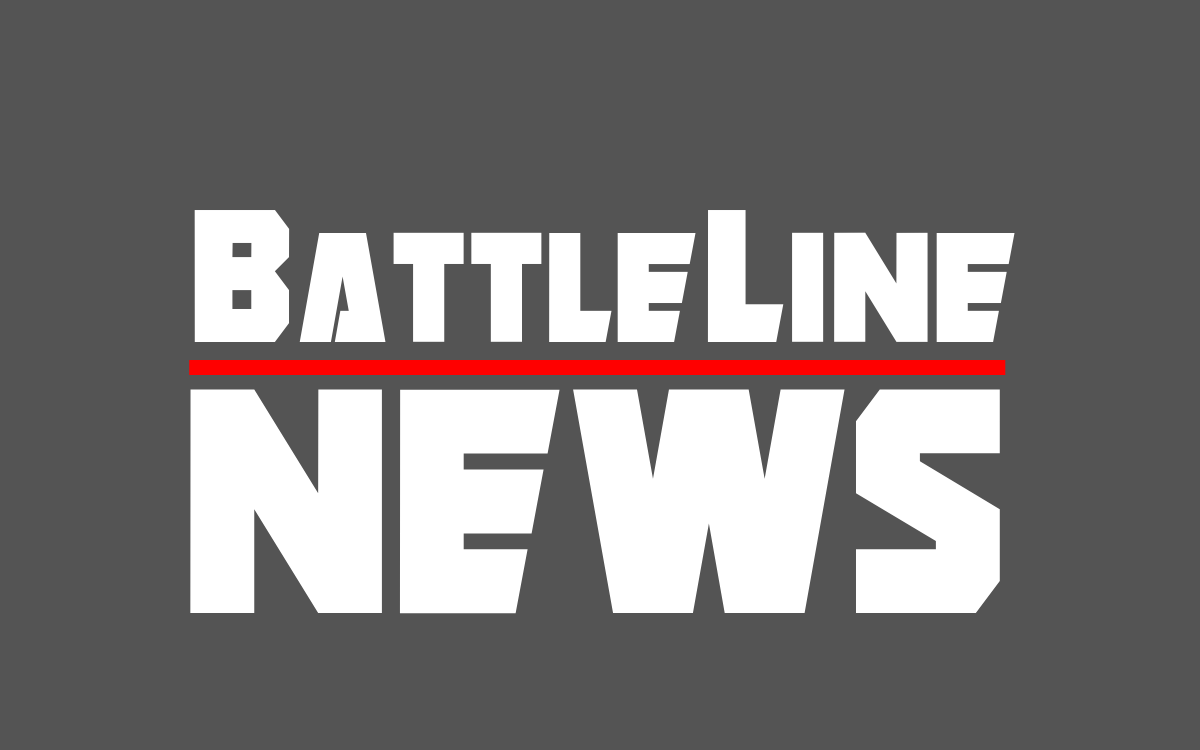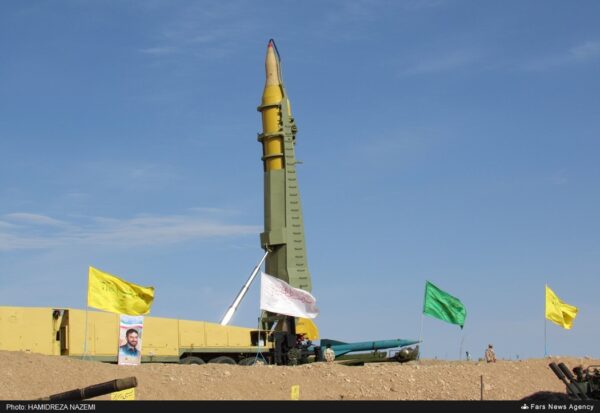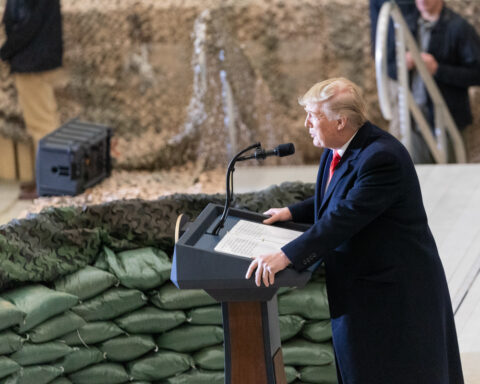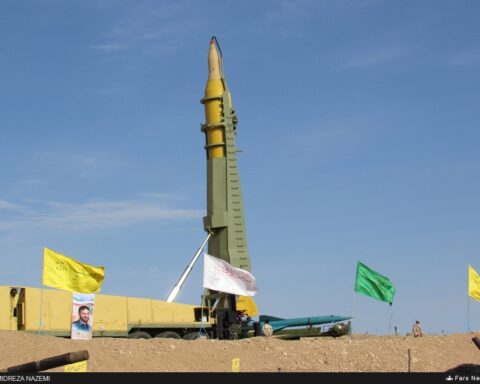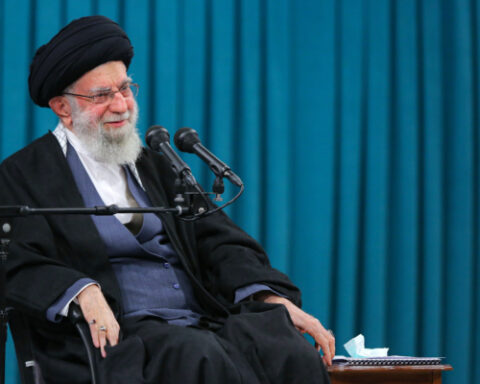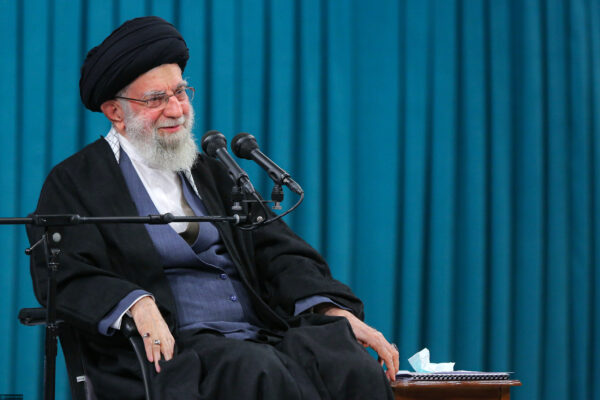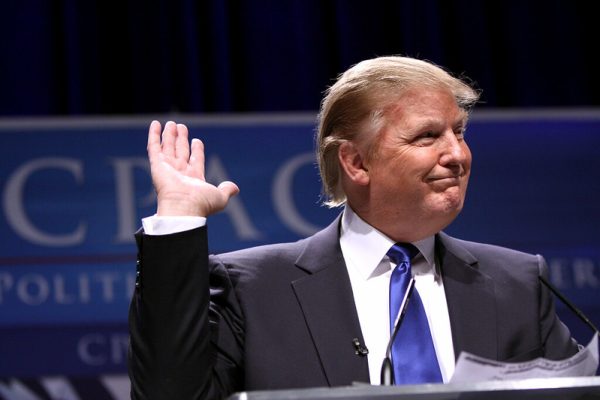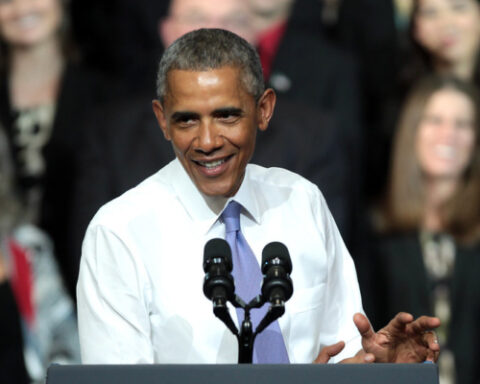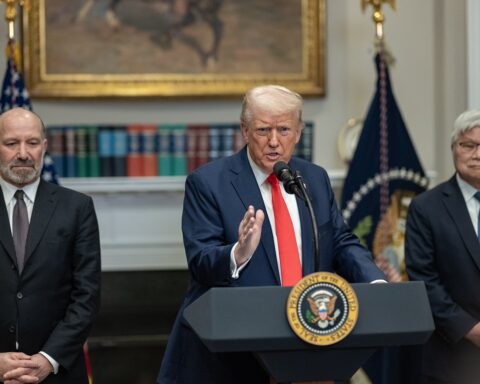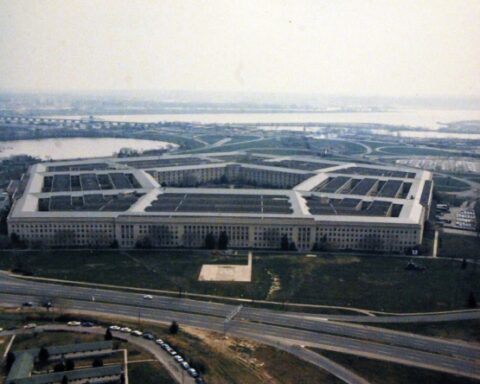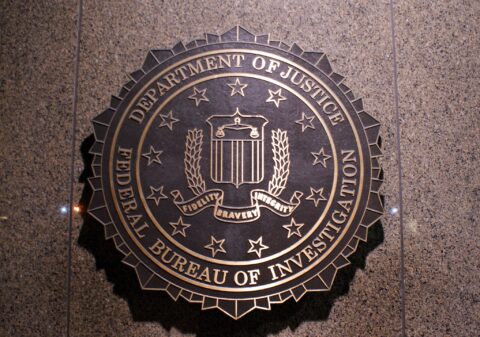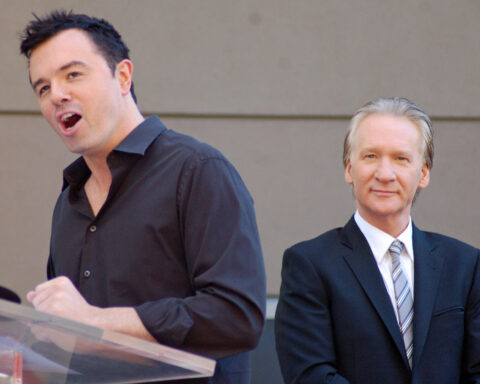Iran’s nuclear chief, Mohammad Eslami, reportedly announced on Tuesday that the country is assessing damage to its nuclear facilities and has developed plans to restart operations, signaling a defiant stance amid escalating tensions with the United States.
Speaking on state-run television, Eslami stated, “We have taken the necessary measures and are taking stock of the damage,” emphasizing that the plan aims to prevent disruptions in production and services.
The Iranian government’s assertion comes in the wake of a recent U.S. military strike targeting several key nuclear sites, including Fordow, Esfahan, and Natanz.
This action was ordered by President Donald Trump as part of a broader strategy to prevent Iran from acquiring nuclear weapons.
Eslami reiterated that preparations for restarting the facilities had been made in advance, underlining the regime’s commitment to its nuclear program despite international pressure.
An adviser to Supreme Leader Ali Khamenei noted that Iran still possesses significant stocks of enriched uranium, insisting that “the game is not over.”
This statement reflects Tehran’s determination to continue its nuclear ambitions, even as it faces potential repercussions from the international community.
In a related context, the White House reaffirmed Trump’s long-standing position against Iran’s nuclear development, citing multiple instances where the president has declared that Iran must not be allowed to develop nuclear weapons.
The administration highlighted Trump’s consistent rhetoric on the issue, emphasizing that it has been a central focus of his presidency.
Secretary of State Marco Rubio, appearing on Fox News, elaborated on the strategy behind the recent military actions.
He suggested that Trump had attempted to negotiate with Iran for months but ultimately chose a more aggressive approach when diplomatic efforts failed.
“They tried to play him along the way they’ve played every American president for the last 35 years,” Rubio stated, asserting that the Iranian regime made a significant miscalculation by not taking Trump’s warnings seriously.
As tensions escalate, the geopolitical landscape in the Middle East remains fraught with uncertainty.
The Iranian government’s determination to restart its nuclear program raises alarms about the potential for further conflict. Observers are closely watching how these developments will unfold, particularly in light of the ongoing diplomatic efforts and military posturing from both sides.
In the coming weeks, the international community will likely monitor Iran’s actions and responses, as the stakes continue to rise in this critical region.
The situation underscores the complex interplay of diplomacy, defense, and the pursuit of nuclear capabilities that defines contemporary Iranian politics.
[READ MORE: Russian Official Claims ‘Other Countries’ Now Preparing to Give Nukes to Iran]
